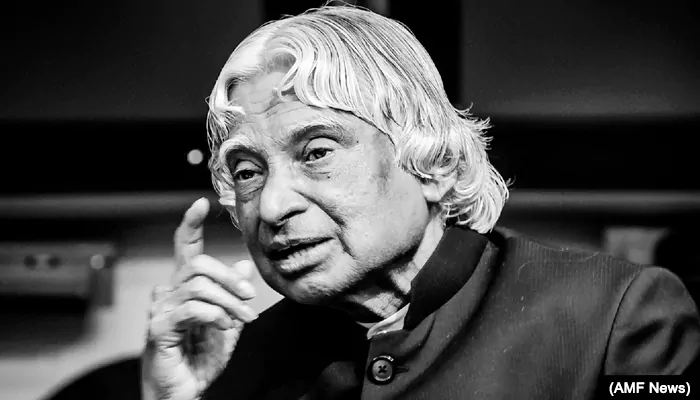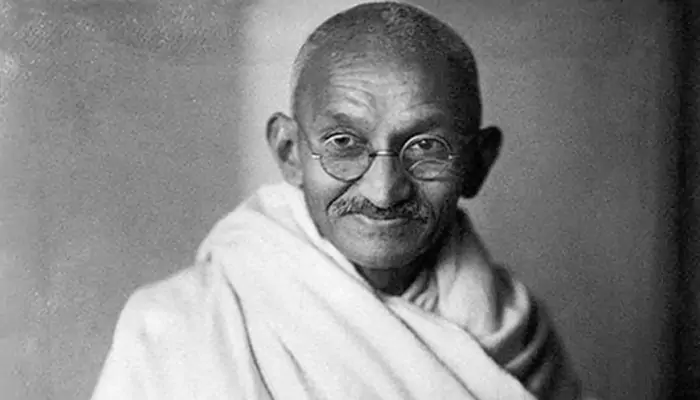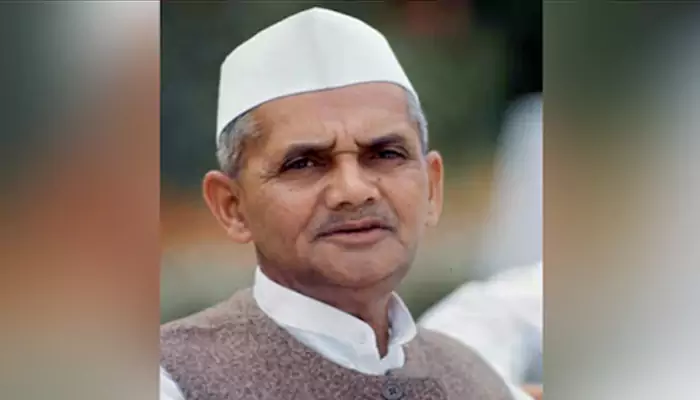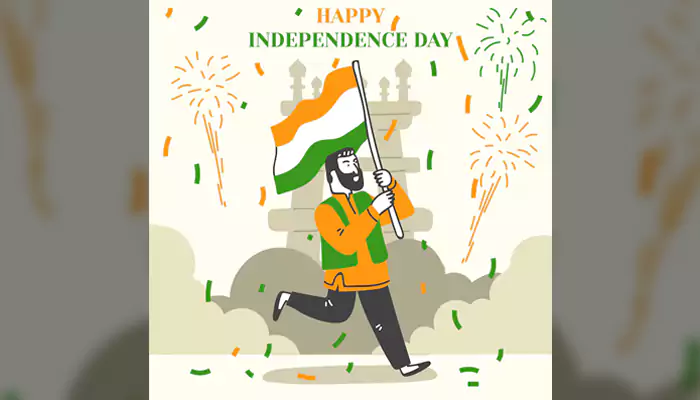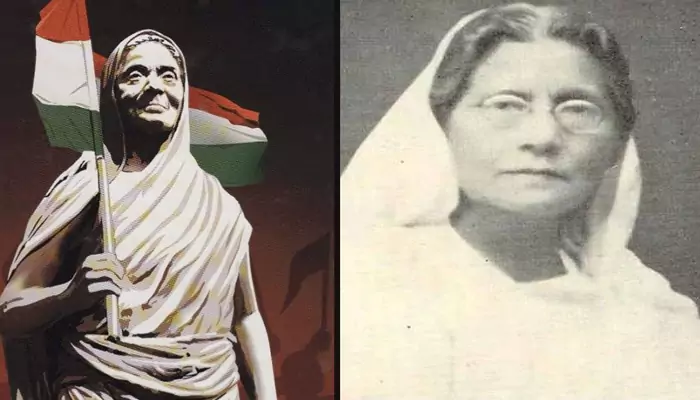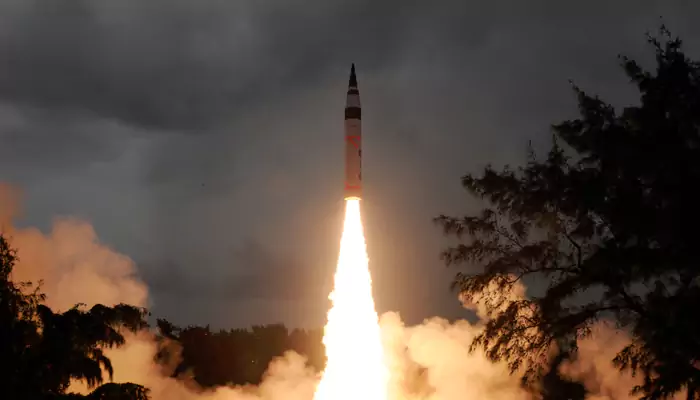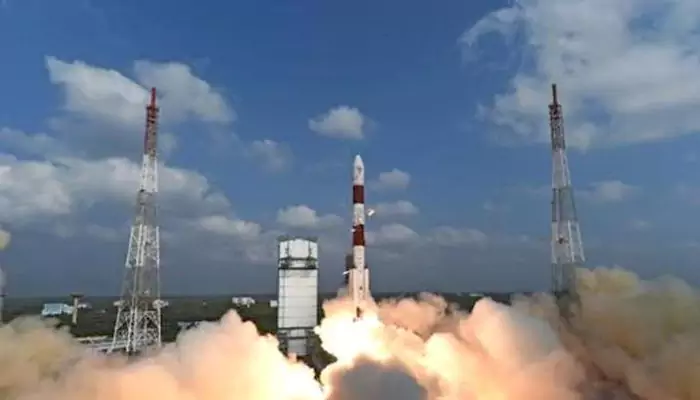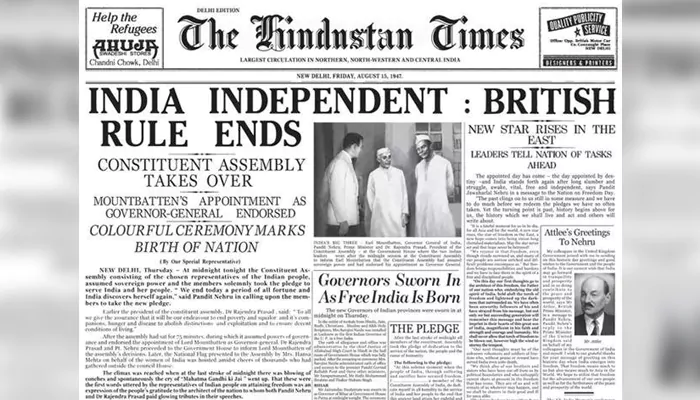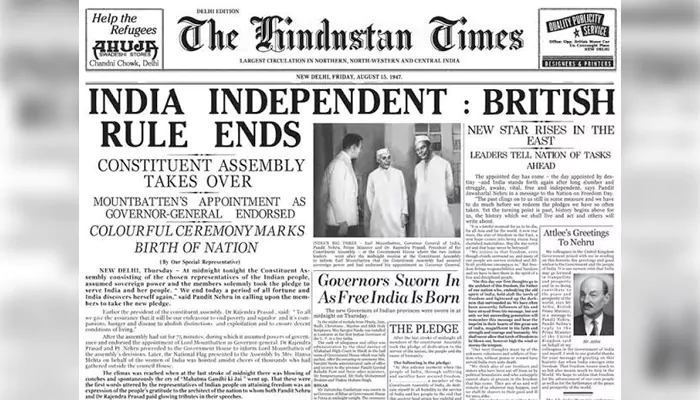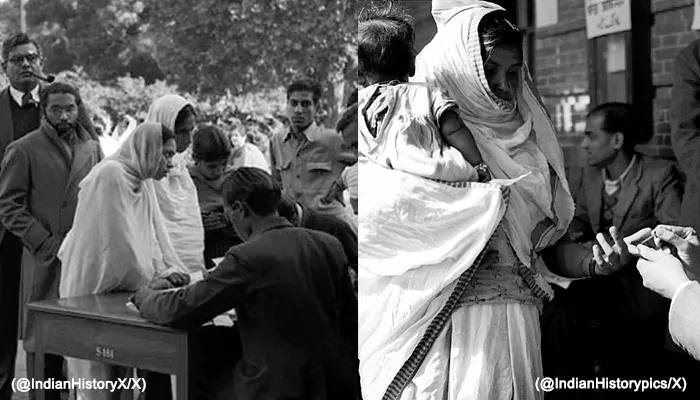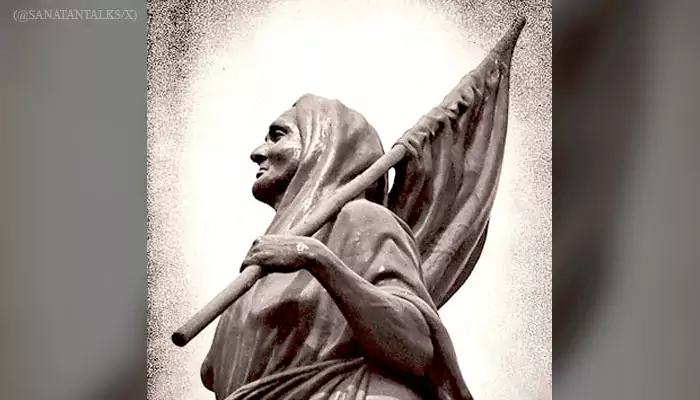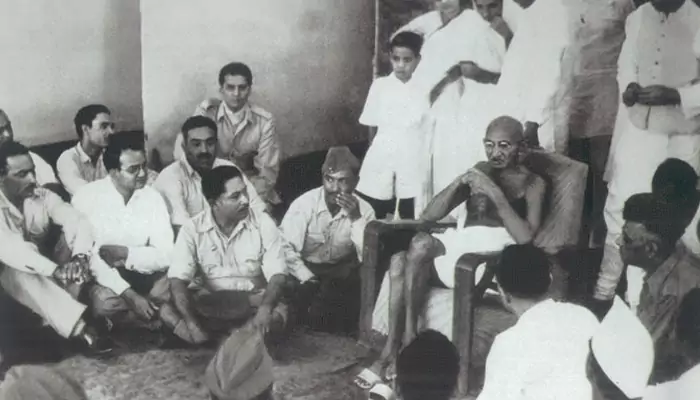Celebrating Gandhi Jayanti: Why Mahatma Gandhi Never Won The Nobel Peace Prize Despite 5 Nominations
- Sayan Paul
- 1 year ago
- 6 minutes read

Mahatma Gandhi, the greatest advocate for peace and nonviolence, never won the Nobel Peace Prize. Isn't that an irony?
"Non-violence is the greatest force at the disposal of mankind. It is mightier than the mightiest weapon of destruction devised by the ingenuity of man.” – Mahatma Gandhi
In his acceptance speech for the Nobel Peace Prize in 1989, the Dalai Lama said, "I accept it as a tribute to the man who founded the modern tradition of nonviolent action for change - Mahatma Gandhi - whose life taught and inspired me."
Well, the Dalai Lama is often referred to as Gandhi's spiritual heir to nonviolence, and his achievement was hailed as a well-deserved recognition. And it's not just him; several other followers of Gandhism (such as Nelson Mandela, Martin Luther King Jr., and Aung San Suu Kyi among others) have been bestowed with the prestigious award. And this incessantly raises an important question: why did Mahatma Gandhi, the "strongest symbol of peace and nonviolence during the 20th century", never win the coveted Nobel Peace Prize? As the world celebrates Gandhi Jayanti today, let's try to find out the answer.

Mahatma Gandhi Was Nominated 5 Times
Well, the Nobel Committee didn't really ignore Gandhi altogether. In fact, the late Indian Nationalist was nominated five times for the Nobel Peace Prize.
He was first nominated in 1937 by a member of the Norwegian Parliament, Ole Colbjørnsen. And he did make it to the committee's shortlist of 13 candidates. Next, he was nominated again in 1938, and then again in the following year - but failed to reach the shortlists. His fourth nomination was made in 1947, and he was one of the six members shortlisted.
1947 :: Mahatma Gandhi Recommended For Nobel Peace Prize ( @NobelPrize ) pic.twitter.com/UpW3L8NXn8
— indianhistorypics (@IndiaHistorypic) February 7, 2021
Credit: indianhistorypics
Finally, he received his last nomination just a few days before his assassination in 1948. He was nominated by BG Kher, GovindhBhallabh Pant, and GV Mavalankar that year. And he was among the six shortlisted candidates.
Gandhi was nominated for the Nobel Peace Prize a few days before he was assassinated #OnThisDay in 1948 - putting him on the Nobel Committee's shortlist for the third time.
— The Nobel Prize (@NobelPrize) January 30, 2021
Read more about the missing laureate: https://t.co/Q3cniIiZG9 pic.twitter.com/jL66866tL0
Credit: The Nobel Prize
But Why Did Gandhi Never Win The Prize?
Mahatma Gandhi not being awarded the Nobel Peace Prize has been a topic of discussion for a long. And there are several logics, theories, and more about the same.
The most popular theory in this regard is that Gandhi never fit into the Nobel Committee's traditional categories for potential recipients of the Prize. Due to his unique and out-of-the-box approach to peace, his contributions to society couldn't be evaluated properly by the committee. In 1937, the Nobel Committee’s then-adviser, Professor Jacob Worm-Müller, wrote a critical piece on Gandhi as a politician. He remarked there are “sharp turns in his (Gandhi’s) policies, which can hardly be satisfactorily explained by his followers. (…) He is a freedom fighter and a dictator, an idealist and a nationalist. He is frequently a Christ, but then, suddenly, an ordinary politician.” Referring to the first Non-Cooperation Movement in 1920-1921, Worm-Müller said Gandhi was not always “pacifist”, and his ideals weren't “universal".

Worm-Müller further wrote, "One might say that it is significant that his well-known struggle in South Africa was on behalf of the Indians only, and not of the blacks whose living conditions were even worse."
In 1947, when India was on the verge of Independence from British rule, Gandhi was considered the strongest contender for the Nobel Peace Prize. In fact, he was described as the “greatest living exponent of the moral order and the most effective champion of world peace today.” However, some members of the committee opposed it citing Gandhi's involvement in the conflicts between India and Pakistan after partition.
#OTD in 1948 the Norwegian Nobel Committee decided to make no award that year on the grounds that "there was no suitable living candidate".
— The Nobel Prize (@NobelPrize) November 18, 2018
Would Mahatma Gandhi have been awarded the #NobelPrize if he hadn’t been murdered on 30 January 1948?
More info: https://t.co/wguSgNHzJP pic.twitter.com/BgQJrNwcsf
Credit: The Nobel Prize
In 1948, it was widely thought that Gandhi would receive the prize posthumously. And there was simply no other contender that year. However, the committee said, "Gandhi did not belong to an organization, he left no property behind and no will; who should receive the Prize money?" That year, the committee declared there was “no suitable living candidate” for the Peace Prize.
Mahatma Gandhi, the Lost Laureate
The Nobel Committee has time and again regretted publicly its decision not to give the Peace Prize to Gandhi. A few years ago, it published an article, titled 'Mahatma Gandhi, the Lost Laureate', explaining the same.
Here's an excerpt from the piece: "Up to 1960, the Nobel Peace Prize was awarded almost exclusively to Europeans and Americans. In retrospect, the horizon of the Norwegian Nobel Committee may seem too narrow. Gandhi was very different from earlier laureates. He was no real politician or proponent of international law, not primarily a humanitarian relief worker and not an organizer of international peace congresses. He would have belonged to a new breed of laureates."
On September 16, 1932, in his cell at Yerwada Jail in Pune, Mahatma Gandhi began a hunger strike to protest British support of a new Indian constitution. This constitution granted the country's lowest classes, known as "untouchables," their own separate political representation… pic.twitter.com/K3XoJh63uC
— Historic Vids (@historyinmemes) June 29, 2023
Credit: Historic Vids
"There is no hint in the archives that the Norwegian Nobel Committee ever took into consideration the possibility of an adverse British reaction to an award to Gandhi. Thus, it seems that the hypothesis that the Committee’s omission of Gandhi was due to its members’ not wanting to provoke British authorities, may be rejected."

